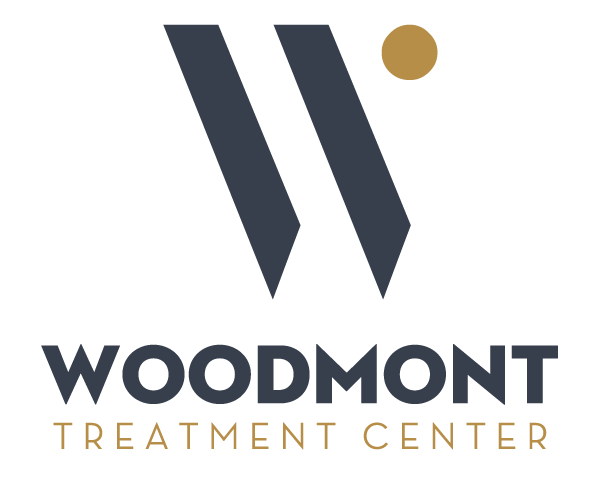Addiction is a complex disease that requires a personalized and comprehensive approach to ensure lasting recovery. At its core, effective treatment involves more than just addressing substance use—it requires managing physical, emotional, and social health while fostering resilience and an improved quality of life. This process is known as the continuum of care in addiction treatment, serving as the backbone of the addiction treatment process.
For those seeking help or trying to support loved ones in their recovery journey, understanding the full continuum of care can be a crucial step towards change. At Woodmont Treatment Center of New Jersey, we prioritize comprehensive care that meets people where they are in their recovery journey. In this blog, we’ll explore what the continuum of care is, why it matters, and how it can make all the difference in long-term sobriety.
What Is the Full Continuum of Care in Addiction Treatment?
The continuum of care refers to a structured, progressive approach to addiction treatment. It is designed to address a person’s individual needs at every stage of their recovery journey, from initial detox to long-term aftercare and relapse prevention.
The full continuum of care includes the following stages:
1. Detoxification (Detox)
The first step in addiction treatment is typically detoxification, which involves helping individuals safely withdraw from substances under medical supervision. Physical dependence on drugs or alcohol can lead to harmful withdrawal symptoms, and around-the-clock care ensures that these symptoms are effectively managed.
Detox is crucial because it allows individuals to start their recovery in a safe, supportive environment while preparing them for the next phase of treatment. However, detox alone is not sufficient for sustained sobriety—it sets the foundation for the deeper work done in subsequent stages.
2. Inpatient or Residential Treatment
Once detox is complete, many individuals transition to inpatient or residential treatment programs. These programs offer 24/7 care in a structured environment, eliminating external distractions and triggers while focusing on intensive therapy and skill development.
Residential treatment is critical for addressing the root causes of addiction, such as trauma, mental health disorders, and destructive thought patterns. With the guidance of experienced clinicians, individuals learn healthier coping mechanisms and strategies for rebuilding their lives.
At Woodmont Treatment Center, our residential programs offer personalized care plans tailored to each participant, ensuring they benefit from the therapies and resources that best suit their unique needs throughout their continuum of care in addiction treatment.
3. Partial Hospitalization Program (PHP)
A Partial Hospitalization Program (PHP) serves as a transitional step between inpatient care and more independent outpatient programs. Patients receive structured treatment while spending a portion of each day at home, allowing them to start reintegrating into everyday life with support still in place.
PHP programs often include individual and group therapy, medical monitoring, skill-building sessions, and relapse prevention planning. This transitional stage plays a crucial role in helping individuals maintain their momentum as they assume greater responsibility for their recovery.
4. Intensive Outpatient Program (IOP)
As individuals progress in their recovery journey, many transition to an Intensive Outpatient Program (IOP). This level of care provides flexible treatment schedules while maintaining access to therapy and resources.
IOP is designed for individuals who have developed foundational recovery skills and need continued support while balancing work, family, or other commitments. This phase encourages self-responsibility and independence while still offering professional guidance when challenges arise.
Woodmont Treatment Center embraces a holistic approach, ensuring that IOP participants continue to receive personalized therapies that strengthen their skills and confidence in their ability to live a sober life.
5. Outpatient Care & Aftercare
The final phase of the continuum of care is outpatient care and aftercare services. Outpatient care involves less frequent therapy and check-ins, but it remains an essential part of recovery. It provides ongoing support as individuals tackle daily stressors, rebuild relationships, and navigate potential triggers.
Aftercare programs go hand-in-hand with outpatient services, prioritizing relapse prevention and long-term wellness. This often includes group therapy, access to peer support networks, and individualized goal setting to maintain sobriety.
At Woodmont Treatment Center, aftercare is one of our core offerings, thanks to its vital role in preventing relapses and promoting sustainable recovery. We believe recovery is a lifelong journey, and continued support is key to lasting success.
Why a Continuum of Care Matters
Addiction recovery is not a one-size-fits-all solution—it’s an ongoing process that requires patience, flexibility, and expert guidance. The continuum of care recognizes the reality that different phases of recovery demand different types of support.
Rather than offering a single stage of treatment, the full continuum ensures that individuals receive the care they need both during and after treatment. By gradually transitioning between intensive support and independent living, this approach nurtures self-reliance while reinforcing healthy behaviors.
The continuum of care reduces the risk of relapse, enhances coping skills, and provides tools for managing life’s challenges. With this structured approach, individuals find a sustainable path to sobriety that helps them thrive for years to come.
Take Your Next Step Toward Healing With Inpatient Mental Health Near Me
Understanding the continuum of care is the first step toward building a successful recovery journey—but you don’t have to navigate it alone. At Woodmont Treatment Center of New Jersey, we’re committed to providing evidence-based, compassionate care across all stages of treatment.
Whether you or your loved one is seeking detox services, residential care, or outpatient programs, our team of licensed professionals offers unmatched support to individuals in the Tristate area. Recovery is possible, and with the right help, you can embark on a brighter, healthier future.
Don’t wait to find the care you deserve—contact Woodmont Treatment Center today. Let us help you take the first step toward sustainable recovery. Together, we can build a foundation for lasting change.
If you’re ready to begin your journey, call Woodmont Treatment Center today for quality rehab and addiction treatment services in the Tristate area.


























